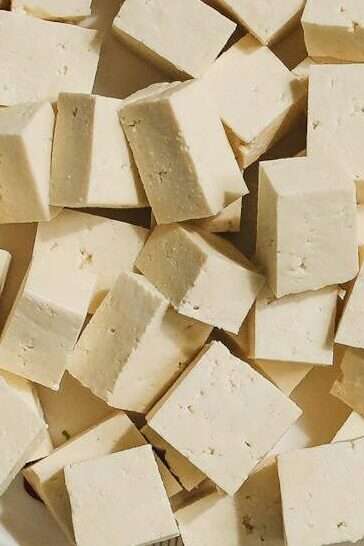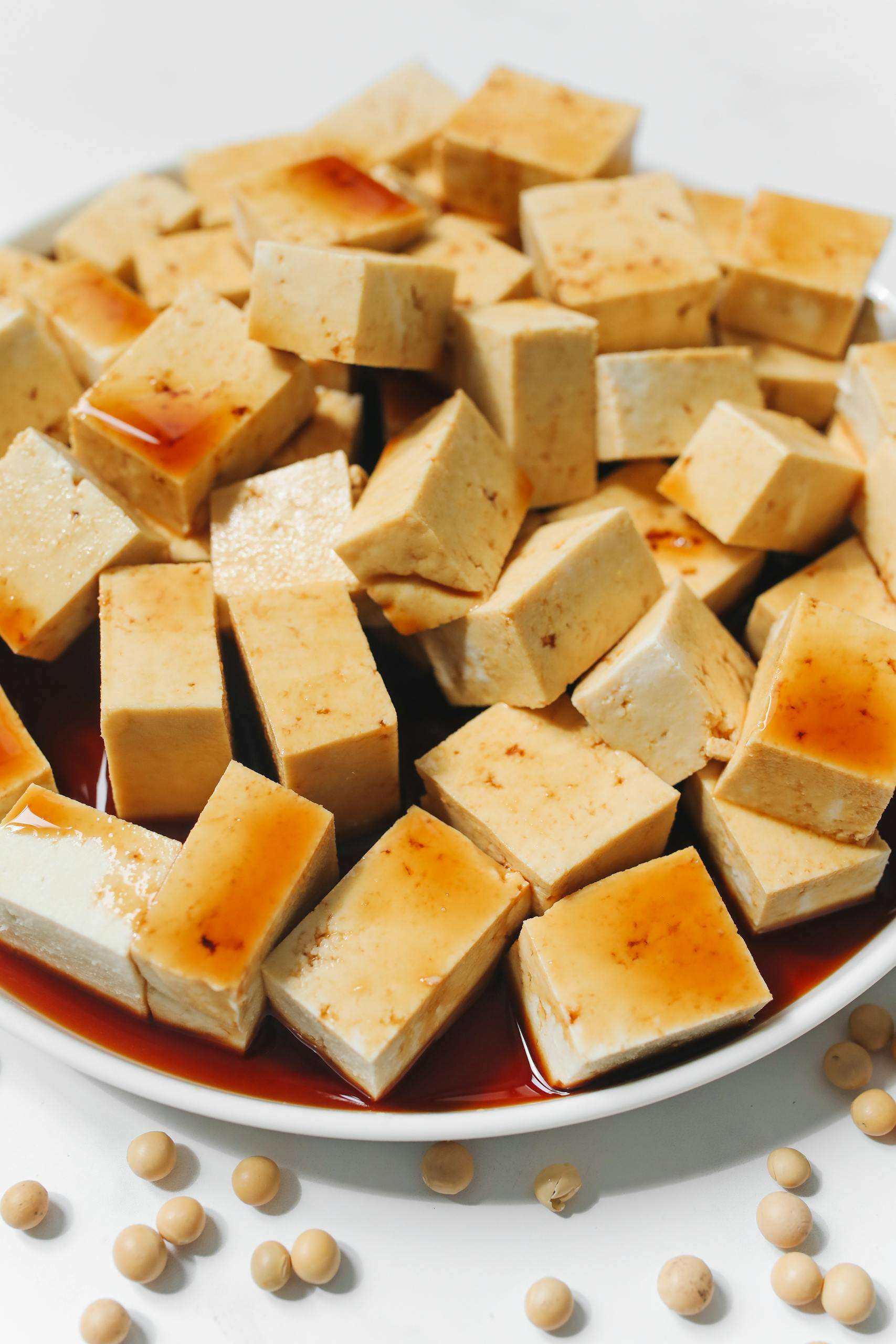Is Tofu Halal? Exploring the Halal Status of Tofu
Tofu has become a popular choice for health-conscious individuals and those looking for plant-based alternatives. As a staple in many vegetarian and vegan diets, tofu is often considered a versatile and nutritious option. But for those following Islamic dietary guidelines, the question arises: is tofu halal? Let’s explore whether tofu is considered halal or haram and what to watch for when buying or consuming it.
TOFU IS HALAL.
What is Tofu?

Tofu, also known as bean curd, is a food product made by coagulating soy milk and pressing the resulting curds into blocks. It is widely consumed in many Asian cuisines and is known for its ability to absorb flavors, making it an ideal ingredient in a variety of dishes. Tofu is rich in protein, low in calories, and an excellent source of calcium and iron.
There are different types of tofu, such as firm, soft, and silken, each suitable for various recipes. Given that tofu is made from soybeans, which are naturally plant-based, many consider it a halal food by default.
Why Tofu is Considered Halal?
Tofu is considered halal primarily because its base ingredient, soybeans, is a plant-based food that does not conflict with Islamic dietary laws. Soybeans are naturally permissible, and tofu, in its purest form, does not contain any haram ingredients.
The basic process of making tofu — soaking soybeans, making soy milk, and coagulating the milk — does not involve any haram elements. For this reason, tofu is generally deemed halal, making it a safe option for Muslims who follow a halal diet.
What Makes Tofu Haram?
Although tofu is naturally halal, it can become haram under certain conditions. Here are a few factors that can affect its halal status:
- Cross-Contamination: If tofu is processed or cooked in facilities or kitchens where haram products, such as pork or alcohol, are present, it can become haram due to contamination.
- Non-Halal Additives: Some tofu brands might use flavor enhancers, preservatives, or emulsifiers derived from haram sources. It’s essential to check the label for ingredients that could make the tofu haram.
- Fermentation Process: In rare cases, fermented tofu might involve non-halal additives or processing methods that could affect its halal status.

Halal Certification and Considerations
To ensure the tofu you are consuming is halal, look for halal certification on the packaging. Halal-certified tofu undergoes strict checks to ensure it complies with Islamic dietary laws. Halal certification guarantees that:
- The soybeans are sourced from halal suppliers.
- The manufacturing process avoids contamination with haram substances.
- Any additives or preservatives used are also halal.
Additionally, purchasing tofu from halal-certified stores or suppliers is a safe way to avoid any potential haram concerns. When in doubt, always read labels carefully and seek out certified halal products.
Final Take
Tofu is generally considered halal, as it is made from soybeans, a plant-based ingredient. However, cross-contamination and the use of haram additives can affect its status. To ensure your tofu is halal, look for products with halal certification and check ingredient labels thoroughly.
Frequently Asked Questions
Is tofu always halal?
- Tofu is typically halal, but it’s important to check for additives and ensure there is no cross-contamination with haram ingredients.
Can tofu be haram?
- Yes, if it contains non-halal additives or is processed in facilities where haram foods are present.
Is fermented tofu halal?
- Fermented tofu can be halal, but check the ingredients and the production process to ensure no haram substances are used.
Is tofu halal if made in non-halal restaurants?
- Tofu might be at risk of cross-contamination in non-halal kitchens, so it's advisable to check how it is prepared.







One Comment